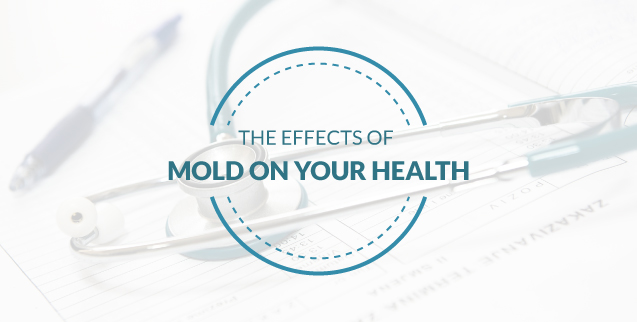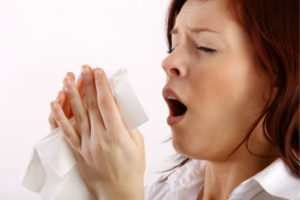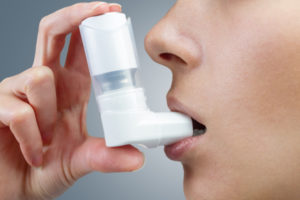
Unfortunately, mold can’t be completely avoided. It grows inside and outside of buildings and can be found anywhere there is moisture. Exposure to mold can affect your health in different ways depending on the person and can cause health problems ranging from mild to severe in nature. Mold can easily attach itself to your clothes, shoes, bags, and pets and find its way into your home. It can also grow easily in your home due to moisture. Mold is best avoided as much as possible because it can affect your health. So what exactly does mold do to your health?
The Different Effects of Mold on Your Health
 Mold can cause symptoms of an allergic reaction. This is the most common reaction to mold and can cause you to suffer wheezing, watery eyes, runny nose, itchy eyes, coughing, and skin irritations. These effects can become uncomfortable to live with and, with prolonged exposure, can make home life unbearable. Some people will experience severe reactions such as throat tightness as well. Avoid mold when possible if you experience any allergic reaction symptoms.
Mold can cause symptoms of an allergic reaction. This is the most common reaction to mold and can cause you to suffer wheezing, watery eyes, runny nose, itchy eyes, coughing, and skin irritations. These effects can become uncomfortable to live with and, with prolonged exposure, can make home life unbearable. Some people will experience severe reactions such as throat tightness as well. Avoid mold when possible if you experience any allergic reaction symptoms.
If you have a compromised immune system, mold can cause infections. People who suffer from chronic lung illnesses are especially sensitive to mold due to their condition. With the lungs being in a compromised state, the introduction of mold into the lungs can cause a serious and harmful infection. People who have a compromised immune system should stay away from places that mold is likely to grow; both inside and outside including wooded areas, basements, and attics.
 Being in close proximity to mold can cause asthma symptoms. According to the Institute of Medicine (IOM), mold can affect your upper respiratory system and cause coughing, wheezing, and other asthma symptoms not only in people who already have asthma but also in otherwise healthy individuals. The IOM has also linked mold exposure to respiratory illness in children who are healthy, too.
Being in close proximity to mold can cause asthma symptoms. According to the Institute of Medicine (IOM), mold can affect your upper respiratory system and cause coughing, wheezing, and other asthma symptoms not only in people who already have asthma but also in otherwise healthy individuals. The IOM has also linked mold exposure to respiratory illness in children who are healthy, too.
It is fairly obvious that mold can affect your health in a negative way. However, you can limit your exposure to mold by taking a few cautionary actions. Start by not frequenting outdoor spaces likely to be infested with mold including damp areas. For the inside of your home you can control mold growth by lowering humidity levels with a dehumidifier and ventilating areas where moisture is prevalent including the bathroom, laundry room, and kitchen area.
Mold is not a problem to take lightly. If you have mold within your home and are at risk of prolonged exposure, you should call a mold remediation company immediately. Removing the mold from your home will prevent any mold-caused health problems for you and your family.



